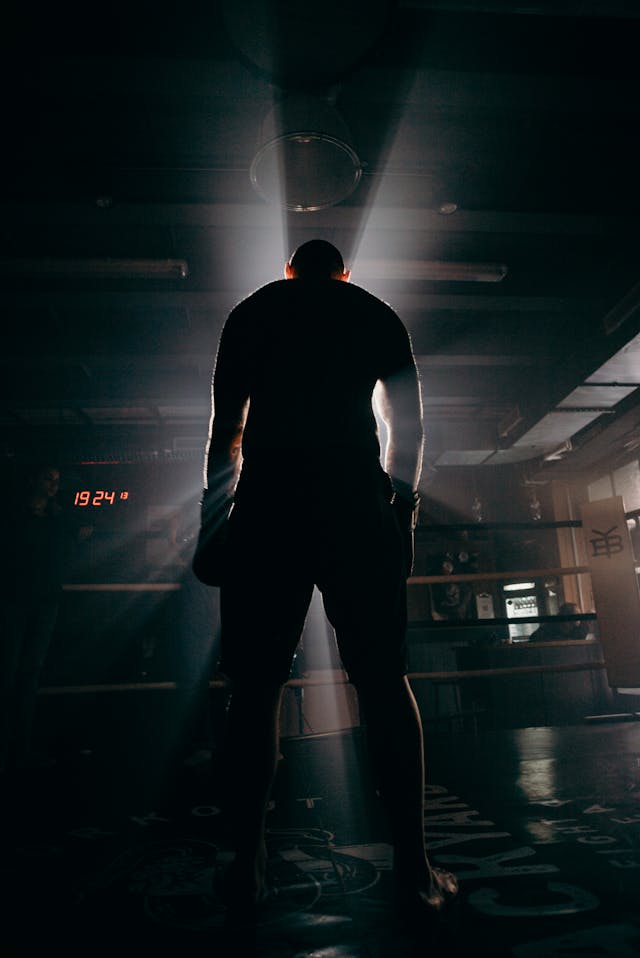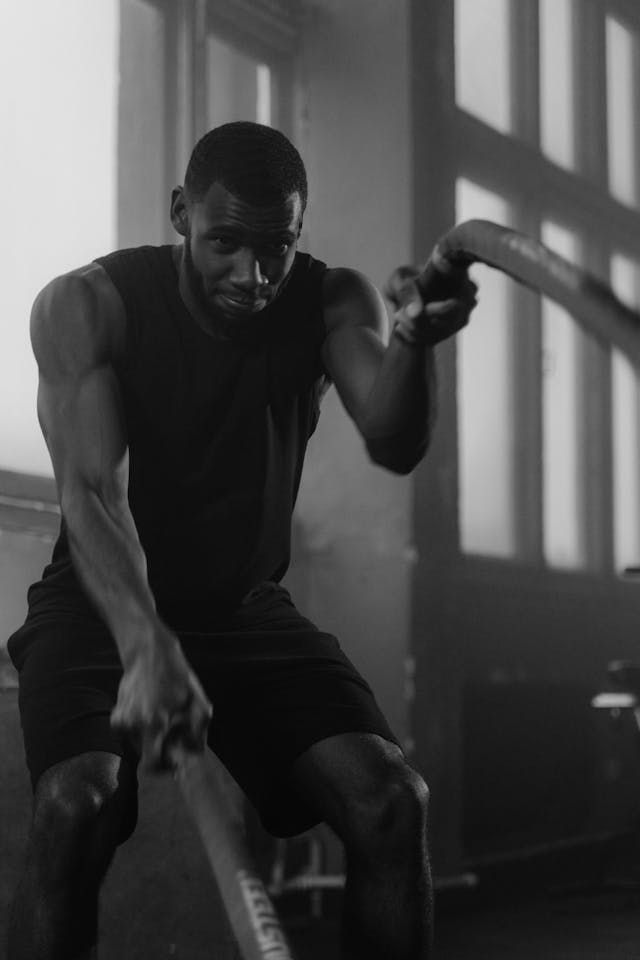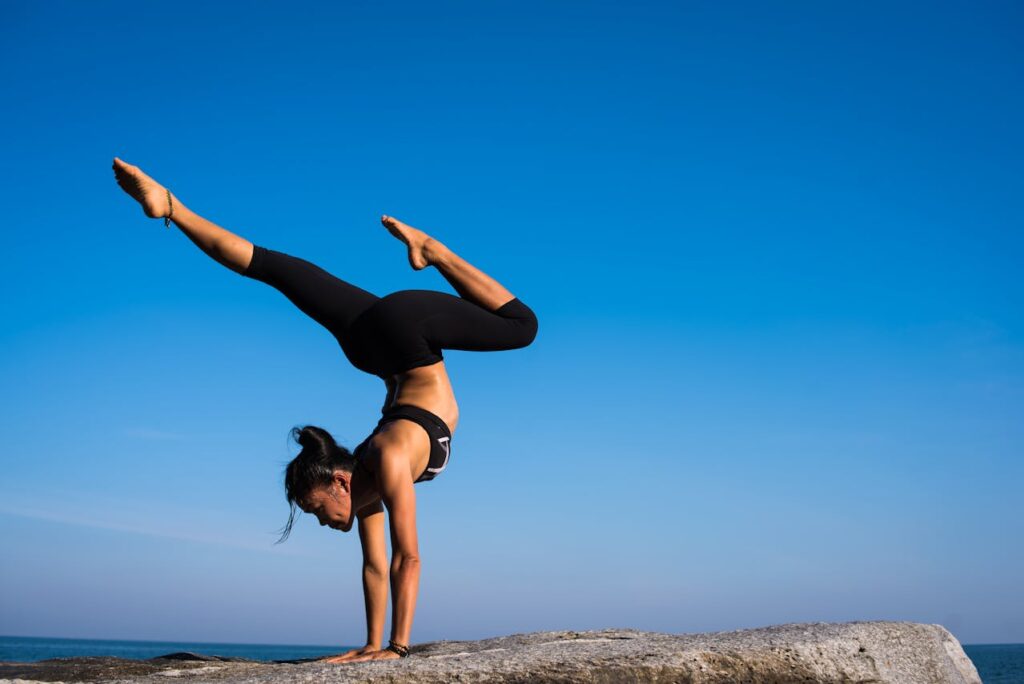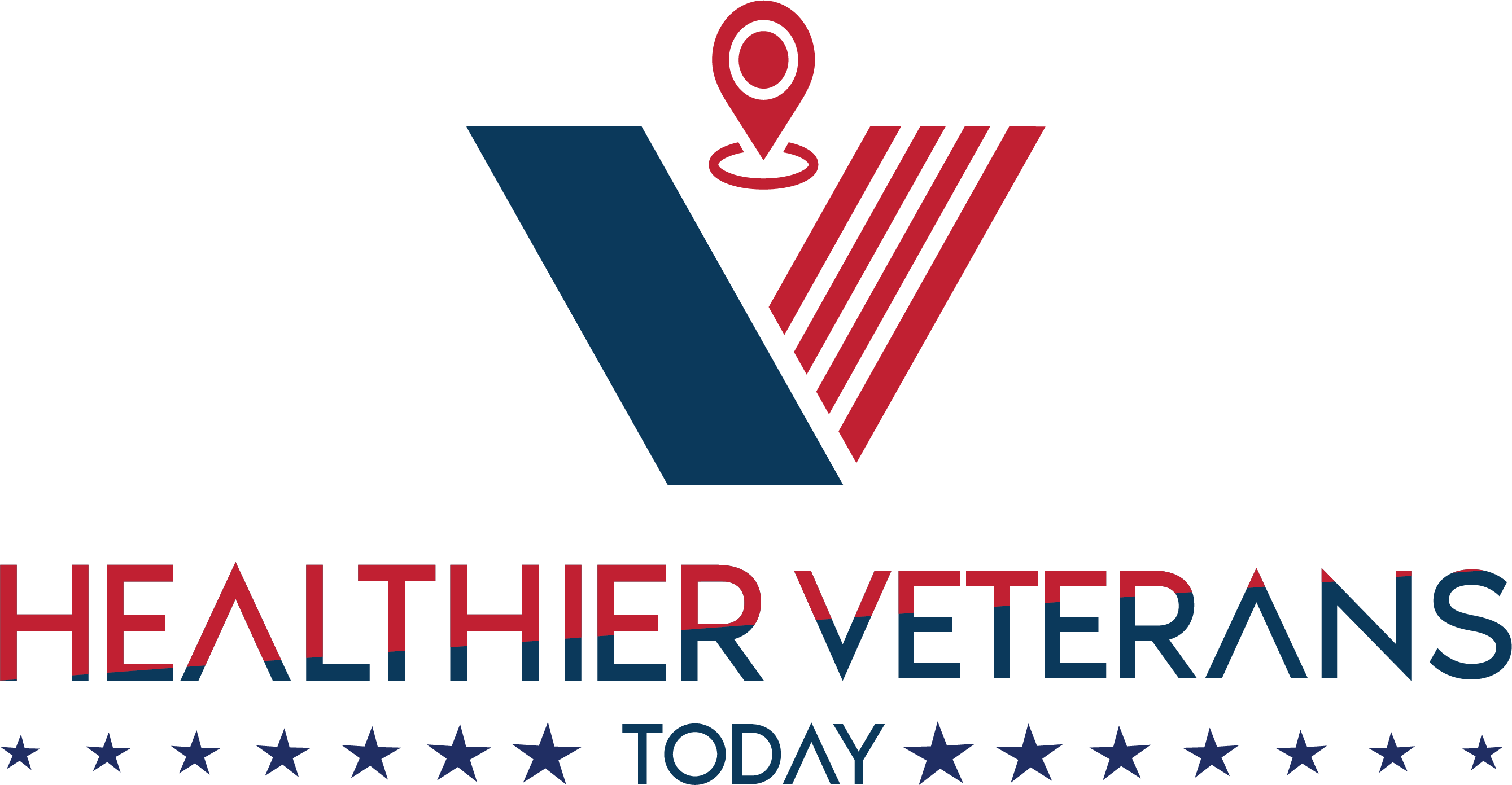Let’s talk about fitness for veterans. People who served our country often need certain types of workouts. This guide talks about body planning and why these programs are so great. They help keep veterans healthy after leaving the military.
Table of Contents
Why Veterans Need Special Types of Workouts

Health Issues After Service:
Being in the military can cause injuries or other health problems. Veterans might have trouble with muscles, bones, or their minds. Understanding these issues is critical to making good fitness plans.
Going Back to Regular Life:
Leaving the military brings significant changes. Veterans adjust to new routines, get different healthcare, and shift from structured military living. This transition period can impact their health.
How Exercise Helps Veterans
Body and Mind Health:
Exercise is about more than just looking fit. Suitable programs for veterans focus on the whole person. They improve physical, mental, and emotional wellness. This entire approach works better than just hitting the gym.
Boosting Mental Health:
Working out is good for your mind and body. For veterans, exercise programs made just for them are helpful. The programs let veterans let go of stress and help veterans stay calm. Exercise is a tool that veterans can use to deal with issues like PTSD and feeling down. Exercise has been said to help veterans with their mental health reallyalth.
Designing Tailored Veterans Fitness Programs
Comprehensive Health Assessments:
The foundation of any effective fitness program is a thorough health assessment. This involves understanding veterans’ medical history, current health status, and specific concerns or limitations. This information guides the creation of personalized fitness plans.
Incorporating Military Skills:
Many veterans possess unique physical skills acquired during their service. Tailored fitness programs leverage these skills, incorporating elements of military training to make these types of workouts engaging, familiar, and impactful.
Diverse Fitness Modalities for Veterans

Fitness plans for people with different needs are called adaptive fitness programs. These are made for veterans who have disabilities or injuries. The exercises in these plans are changed to fit each person. This helps everyone do fitness activities. Veterans worked as teams when they were in the military. Team-based fitness challenges keep this team spirit going. Veterans work together and support each other. These challenges can happen in person or online. Working as a team makes everyone want to do their best. Mental health and connecting the mind and body is essential.
Mental Health and Mind-Body Connection
Yoga and Mindfulness Practices:
The mind-body connection is central to veteran health. Yoga and mindfulness practices, integrated into fitness programs, offer veterans tools for relaxation, stress reduction, and enhanced mental resilience.
Outdoor and Nature-Based Activities:
Outdoor activities, which utilize the healing power of nature, are woven into fitness programs. From hiking and trail running to outdoor group exercises, these activities provide veterans with a refreshing and uplifting fitness experience.
Accessibility and Inclusivity in Veterans Fitness
Virtual Fitness Programs:
Recognizing the need for flexibility, virtual fitness programs cater to veterans facing geographical constraints, time limitations, or health concerns. These programs bring the gym to the veteran’s home, ensuring accessibility for all.
Inclusive Community Centers:
Community centers prioritizing inclusivity and accessibility create welcoming spaces for veterans of all abilities. These centers offer adaptive equipment, knowledgeable staff, and a supportive environment for veterans to pursue their fitness goals.
Collaborations with Veteran Organizations
Collaborations between fitness programs and veteran organizations enhance the breadth of support. By working together, these entities can address physical health and social and emotional aspects, creating a holistic support network.
The Future of Veterans Fitness Programs
Technological Innovations:
New technology will improve veterans’ fitness programs. Virtual reality type workouts and personalized fitness apps make fitness fun and easy.
Research and Evidence-Based Practices:
Ongoing research ensures programs match veterans’ changing needs. Following new findings helps provide the best support for veteran health and fitness.
Supporting Veteran Health Through Fitness
Advocacy for Government Funding:
Advocating for government funding is crucial in ensuring the sustainability and expansion of veterans’ fitness prograAdvocatesates can rally for increased financial support at the policy level by highlighting their positive impact on veteran health.
Policy Development for Inclusive Fitness:
Policymakers play a pivotal role in shaping the landscape of veteran health. Developing policies prioritizing inclusive and accessible fitness options for veterans ensures that health and fitness remain integral to post-service life.
Building a Network of Fitness Professionals
Many fitness instructors need special training to work with veterans. This training teaches them about military life and helps them understand veterans’ health needs. With this training, instructors can make custom workout plans that work for veterans. To be veteran-friendly, fitness centers need more than just equipment. They need a welcoming environment. The staff should understand veterans’ needs. Veterans should feel comfortable achieving their fitness goals at these centers.
The Importance of Nutrition in Veteran Health
Nutrition Education and Counseling:
Joining nutrition lessons and advice with custom workout plans makes them better for veteran health. Eating right helps exercise by giving more energy, faster recovery, and better overall wellness.
Community Gardens and Culinary Programs:
Community gardens and cooking classes let veterans learn by growing and making healthy meals. These activities teach good eating habits and let veterans meet people and learn skills.
Harnessing the Power of Community

Veteran Fitness Support Groups:
Starting fitness support groups for veterans builds community and friendship. These groups let veterans share their fitness journeys, swap tips, and encourage each other. This supportive network helps them.
Community Fitness Events:
Organizing community fitness events brings veterans together for shared wellness. Things like charity runs or outdoor fitness festivals get the community involved. They celebrate veterans’ commitment to health.
Building Resilience Through Fitness
Resilience Training Programs:
Adding resilience training to fitness programs gives veterans tools to handle life’s challenges. These programs focus on mental strength, managing stress, and coping skills. They reinforce the link between physical and psychological well-being.
Holistic Wellness Retreats:
Holistic wellness retreats give veterans a particular time to focus on their body, mind, and personal growth. These retreats offer a refreshing chance for veterans to care for themselves in a supportive space.
Using Technology for Personal Fitness
Wearable Fitness Technology:
Fitness trackers and smartwatches help veterans keep an eye on their physical activities. They can set goals and see their progress. Adding these tools to fitness programs makes veteran health efforts more personal and modern.
Virtual Reality Fitness Experiences:
Virtual reality fitness lets veterans work out from home in a fun, new way. VR creates different environments and activities, making exercise engaging and exciting.
Building Lifetime Fitness Habits
Educational Programs on Lifelong Fitness:
Programs on lifelong fitness teach veterans the value of staying active. They learn age-appropriate exercises, how to adapt routines, and ways to be active through life. These programs motivate lifelong well-being.
Mentorship Programs for Fitness Continuity:
Mentorship programs match veterans with fitness mentors who guide their journey. Fellow veterans passionate about health and wellness provide ongoing support. They offer motivation and advice.
Healthy Future for Veteran Well-Being

As we finish discussing fitness programs for veterans, we imagine a future. Every veteran embraces overall health and wellness. Fitness transforms lives. Inclusion, innovation, and community support build resilience. This creates a vibrant future for those who served our nation.





